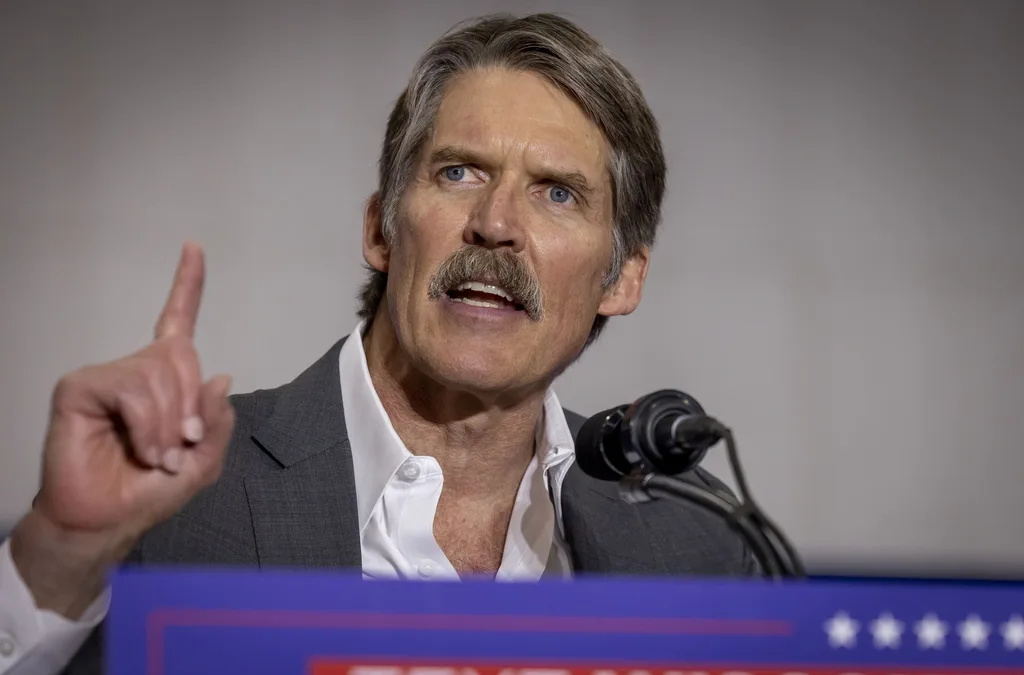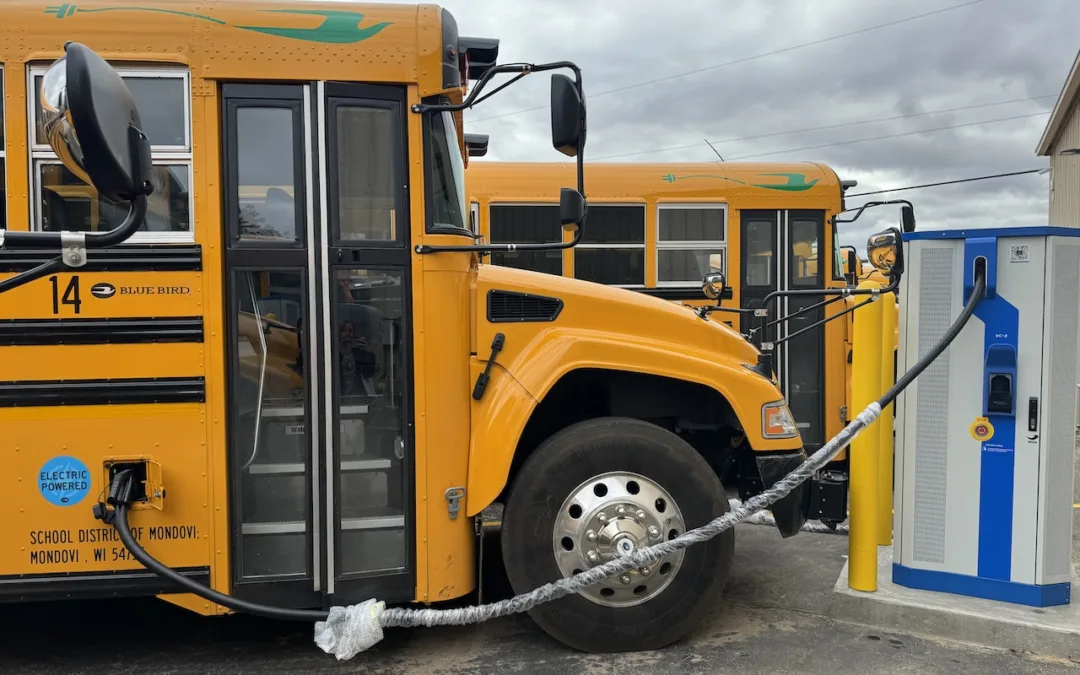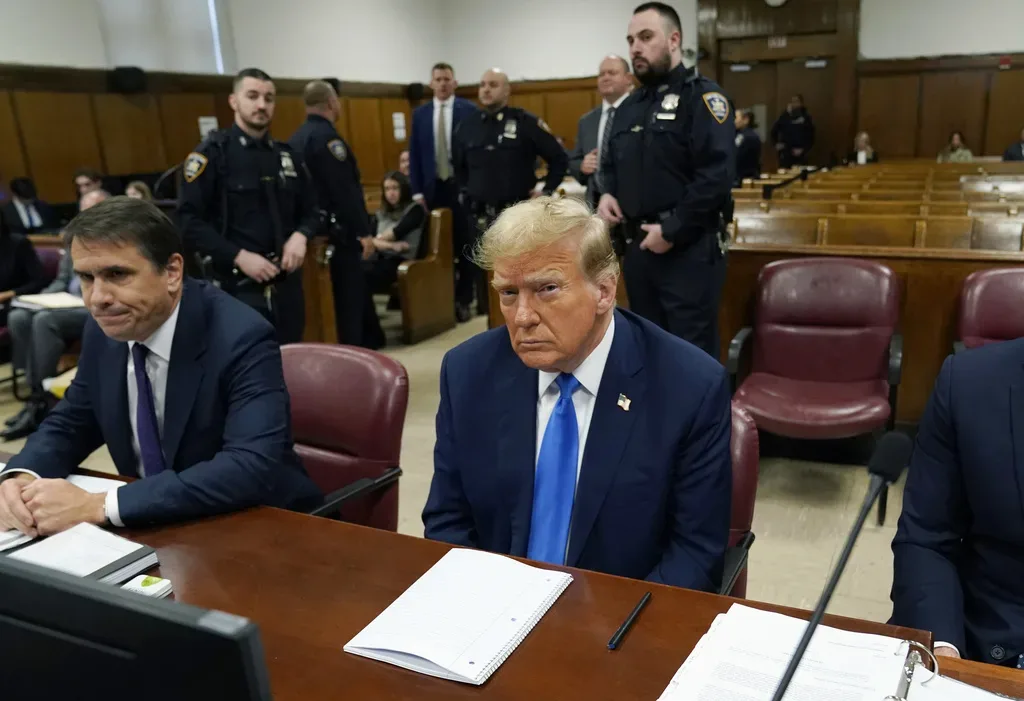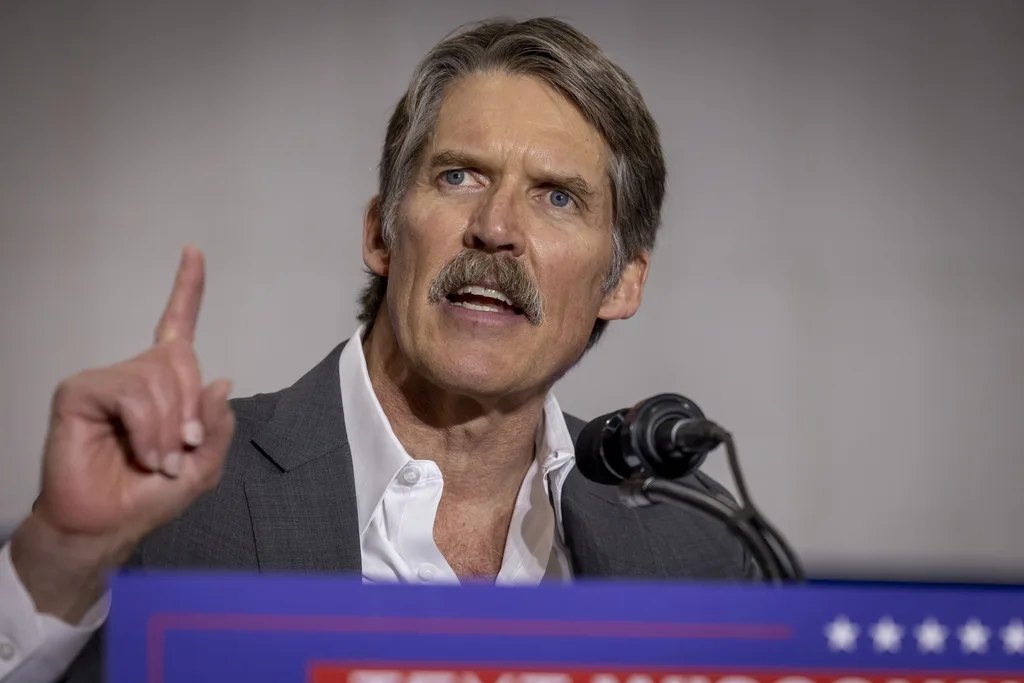
#image_title
#image_title
Roys focusing on racial disparities, while Shelton’s focus will be on the pandemic and assisting businesses, families who have been impacted.
Editor’s note: The Wisconsin 24 is a new series at UpNorthNews to introduce readers to the newly elected members of the Wisconsin Legislature. All told, there are 10 new Democratic members and six new Republican members to the Assembly. The Senate is welcoming three Democratic and five Republican members. Read previously published profiles here, here, and here.
Kelda Roys might be a new face to many Wisconsinites when she is sworn in to represent the 26th Senate District in January, but political junkies will likely remember her as a progressive presence in the state for the last decade.
Roys, a state representative from 2009-13 and a 2018 Democratic gubernatorial candidate, punched her ticket back to the Capitol in August when she won a seven-way Democratic primary to run unopposed as the successor to 93-year-old Sen. Fred Risser, who announced earlier this year he would retire after 64 years in the Legislature.
Roys’ district includes downtown Madison, Madison’s west side, and Shorewood Hills.
Although she is a freshman senator, Roys plans to use her previous experience in state government to get to work right away.
“We’re dealing with several crises in our state right now and we really need passionate, experienced, progressive leaders to help us weather the storm and come out stronger on the other side,” Roys said.
Roys said she wants to reduce infant mortality in Wisconsin, which has the worst Black infant mortality rate in the nation, and make sure Wisconsinites have access to paid family leave.
“There are a lot of things that we can do that are affordable, good, easy interventions to drastically improve the maternal outcomes for families in our state,” she said. “We need to do that.”
Further addressing racial disparities, Roys said she wants criminal justice reform. Wisconsin incarcerates more Black men than any other state. A full 12.8% of Black Wisconsin men were locked up at the time of a 2013 UW-Milwaukee study, nearly double the percentage of Black men in Oklahoma, the second-worst state.
“It’s bankrupting our state, both financially and morally,” Roys said.
Roys said the biggest obstacle to getting things accomplished in Wisconsin is the state’s nation-worst gerrymandering. She said she wants to fight for fair maps, a contentious subject likely headed to court next year as Republicans square off with Democratic Gov. Tony Evers.
“Having real, competitive elections is going to be a huge shot in the arm to our state and enable us to actually get some things done in a bipartisan fashion,” Roys said.
Roys said the state’s current approach to the COVID-19 pandemic—in essence, to let the virus run free—isn’t working. Assembly Speaker Robin Vos (R-Rochester) and outgoing Senate Majority Leader Scott Fitzgerald (R-Juneau) have not brought lawmakers in to pass a bill in more than seven months and some other Republican lawmakers have publicly said they don’t see a need to pass another relief measure.
That unchecked spread has taken a toll on the economy as much as public health, Roys said. People and businesses need financial support, because the economy struggled whether there are lockdowns or not, she said.
“Small businesses are closing every single day,” Roys said. “People are at risk of losing their employment if they haven’t already. Women are being forced out of the workforce. Kids are home from school. We have to address these things.”
Rep.-elect Kristina Shelton from Green Bay’s 90th District said she’s excited to be part of one of Wisconsin’s most diverse freshman classes of legislators.
“It’s an exciting time to be a Democrat in the State of Wisconsin,” Shelton said. “I’m pumped. I’m ready to get to work. And I think it’s going to be a very exciting time for the state.”
Shelton started her career as a health and physical education teacher, then moved to the non-profit sector where she worked with organizations promoting health and wellness in urban areas. She came to Green Bay where she worked as a program director at the YMCA.
In 2018, she applied for a position on the Green Bay School Board and was elected vice president in the spring of 2019. After that contentious race, she hoped to focus on her work on the board.
“I had planned for 2020 to be a very relaxing year,” she said. “Things don’t always work out the way you think they’re going to.”
Last year, she learned Rep. Staush Gruszynski (D-Green Bay) was accused of sexually harassing a staff member. Democratic leaders called on Gruszynski to resign; instead he ran for re-election. Assembly Minority Leader Gordon Hintz of Oshkosh stripped Gruszynski of his committees and barred him from caucusing with other Democrats.
“When I found out about his behavior, and we essentially lack representation in the 90th due to his behavior, especially at a time when we needed it the most, I just felt compelled to run,” Shelton said.
She beat Gruszynski in the Aug. 11 primary and went on to win the seat on Nov. 3. Her top priority going into the Statehouse is addressing the current pandemic and assisting businesses and families who have been impacted.
“There’s so many different components to what we’re facing. COVID has exacerbated what we already knew and the fact that we’re essentially doing nothing is—it’s maddening,” Shelton said. “I would love to see our state legislature come together and work together. When we don’t, we’ve put Wisconsinites in the middle, and people are suffering.”
Beyond COVID, she’s also concerned about the upcoming redistricting process and looks forward to working with the People’s Maps Commission to ensure Wisconsin has fair maps this time around. Shelton is also unsurprisingly an advocate for public education and would like to see more funding for public schools and the discontinuation of the voucher program.
“We’ve seen an effort from the right to dismantle public education for the last 30 to 40 years,” she said. “The voucher program has been devastating for public schools. Millions of taxpayer dollars are going to private schools that have less accountability and less transparency.”
She would also like to see the state at least legalize medical marijuana, if not full legalization.
“It’s a common sense solution,” she said. “We’ve seen our neighbor states pass it, they’re doing it well. We can look at what other states are doing, model and take what we like.”
Politics

Eric Hovde’s company exposed workers to dangerous chemicals, OSHA reports say
A Madison-based real estate company run by Wisconsin US Senate candidate Eric Hovde settled with the Occupational Safety and Health Administration...

Plugged in: How one Wisconsin school bus driver likes his new electric bus
Electric school buses are gradually being rolled out across the state. They’re still big and yellow, but they’re not loud and don’t smell like...
Local News

Stop and smell these native Wisconsin flowers this Earth Day
Spring has sprung — and here in Wisconsin, the signs are everywhere! From warmer weather and longer days to birds returning to your backyard trees....

Your guide to the 2024 Blue Ox Music Festival in Eau Claire
Eau Claire and art go hand in hand. The city is home to a multitude of sculptures, murals, and music events — including several annual showcases,...



